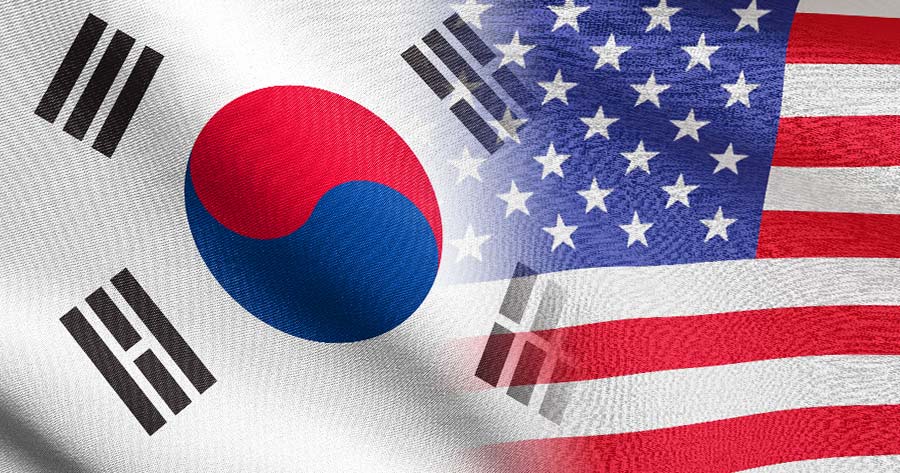South Korea’s trade minister stated on Wednesday that he anticipates domestic companies to increase investments in the United States if the upcoming U.S. administration enforces higher tariffs.
Trade Minister Cheong In-kyo highlighted the potential response to protectionist measures by the U.S., mentioning that the South Korean government would focus on trade diplomacy, while individual companies could expedite their decision-making processes.
In an interview with Reuters, Cheong mentioned that in the event of escalated tariffs, firms may opt to enhance direct investment and on-site production as an initial countermeasure. He emphasized that ongoing investments may witness acceleration, potentially leading to an upsurge in exports to the U.S. by small and medium-sized parts manufacturers.
President Trump’s proposals, including the consideration of imposing blanket tariffs ranging between 10% to 20% on all U.S. imports, have prompted concerns within South Korea’s trade-dependent economy. A South Korean state-run think tank estimated that such measures could result in a loss of up to $44.8 billion in exports for the country.
The auto sector, particularly South Korean automakers relying more on domestic production compared to their Japanese counterparts, is anticipated to face significant challenges if these tariff plans are implemented.
Notably, South Korean companies channeled $27 billion into the U.S. last year, constituting approximately 44% of the total overseas investments by Korean entities, as disclosed in trade data. This figure represents the highest share since 1998, according to the Korea Trade Investment Association’s report last May.
Amid looming uncertainties, Cheong mentioned that the trade ministry has devised strategies to navigate through various scenarios and will engage with the incoming administration once communication channels are established, while also reiterating South Korea’s commitment to facilitating smooth trade with both the U.S. and China.
Reflecting on current economic indicators, South Korea witnessed weakened export growth in October, hitting a seven-month low and falling short of market projections. This deceleration follows the economy’s minimal growth in the third quarter, attributed to slowing exports.
South Korea’s trade surplus with the U.S. surged to a record $44.4 billion in 2023, surpassing levels with other countries, driven significantly by car exports accounting for nearly 30% of total shipments to the U.S.
Shares of South Korean automakers and battery firms, including Hyundai Motor and LG Energy Solution, experienced declines on Wednesday, with concerns over potential tariffs being cited as a contributing factor.





